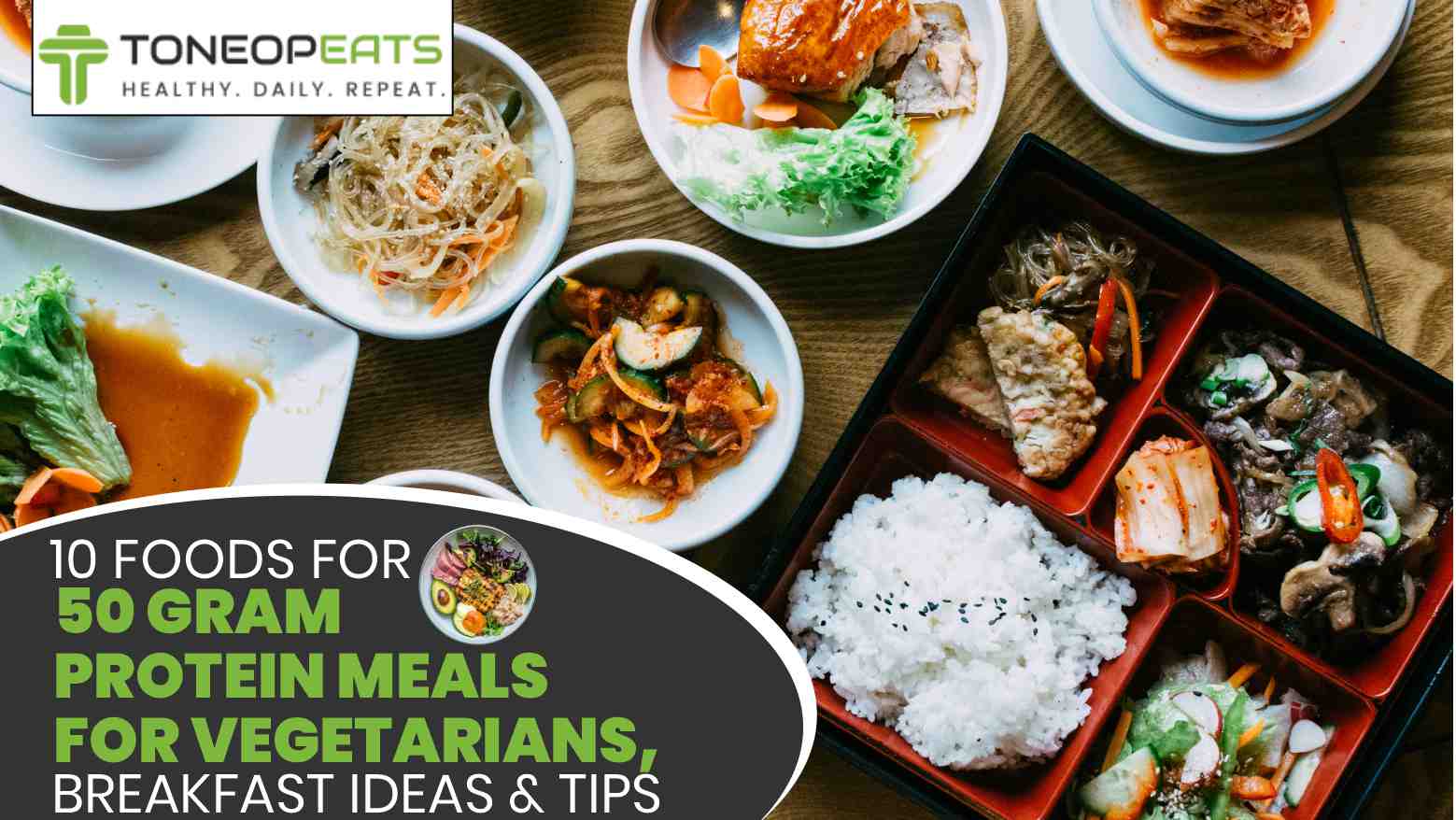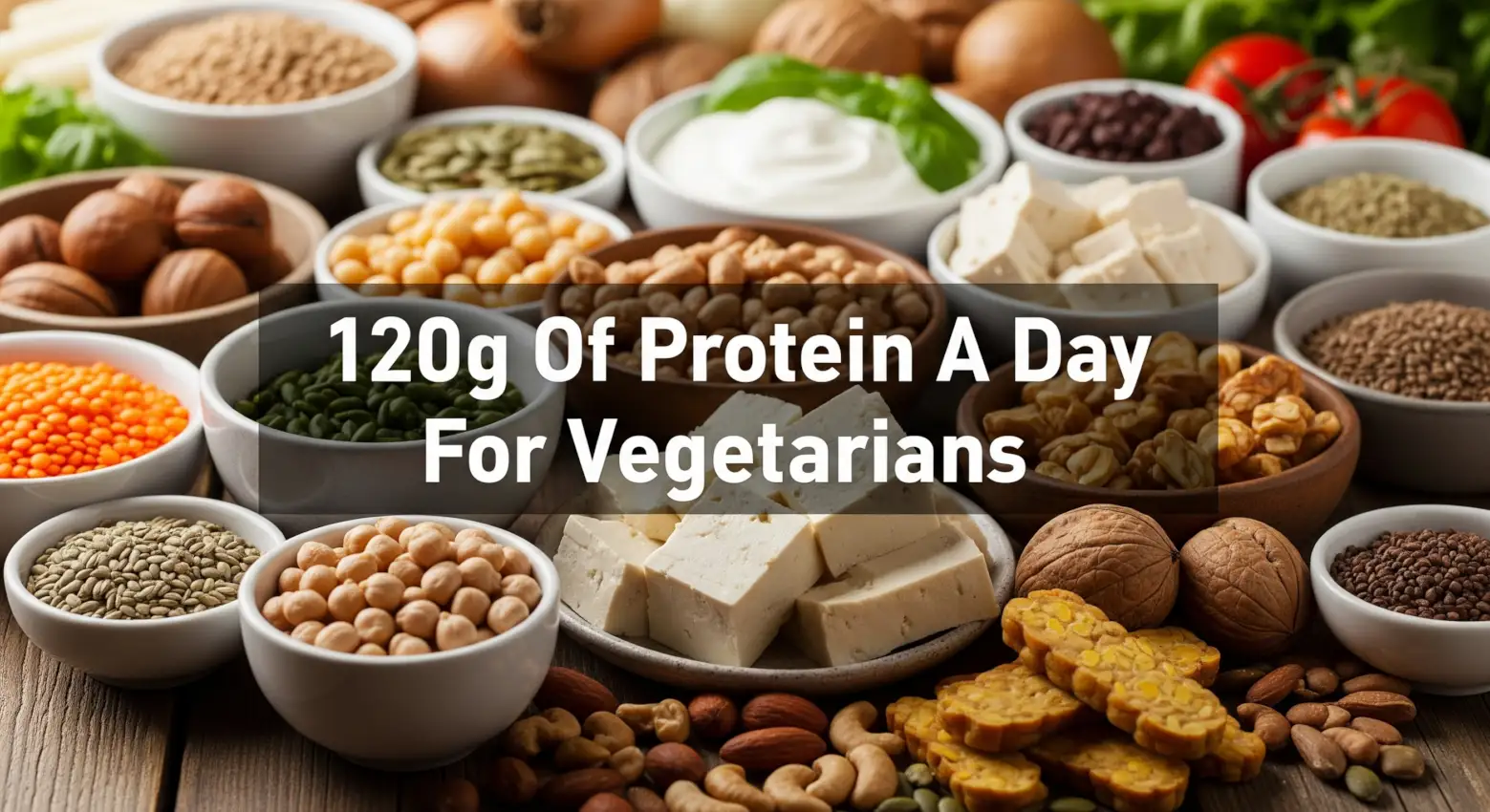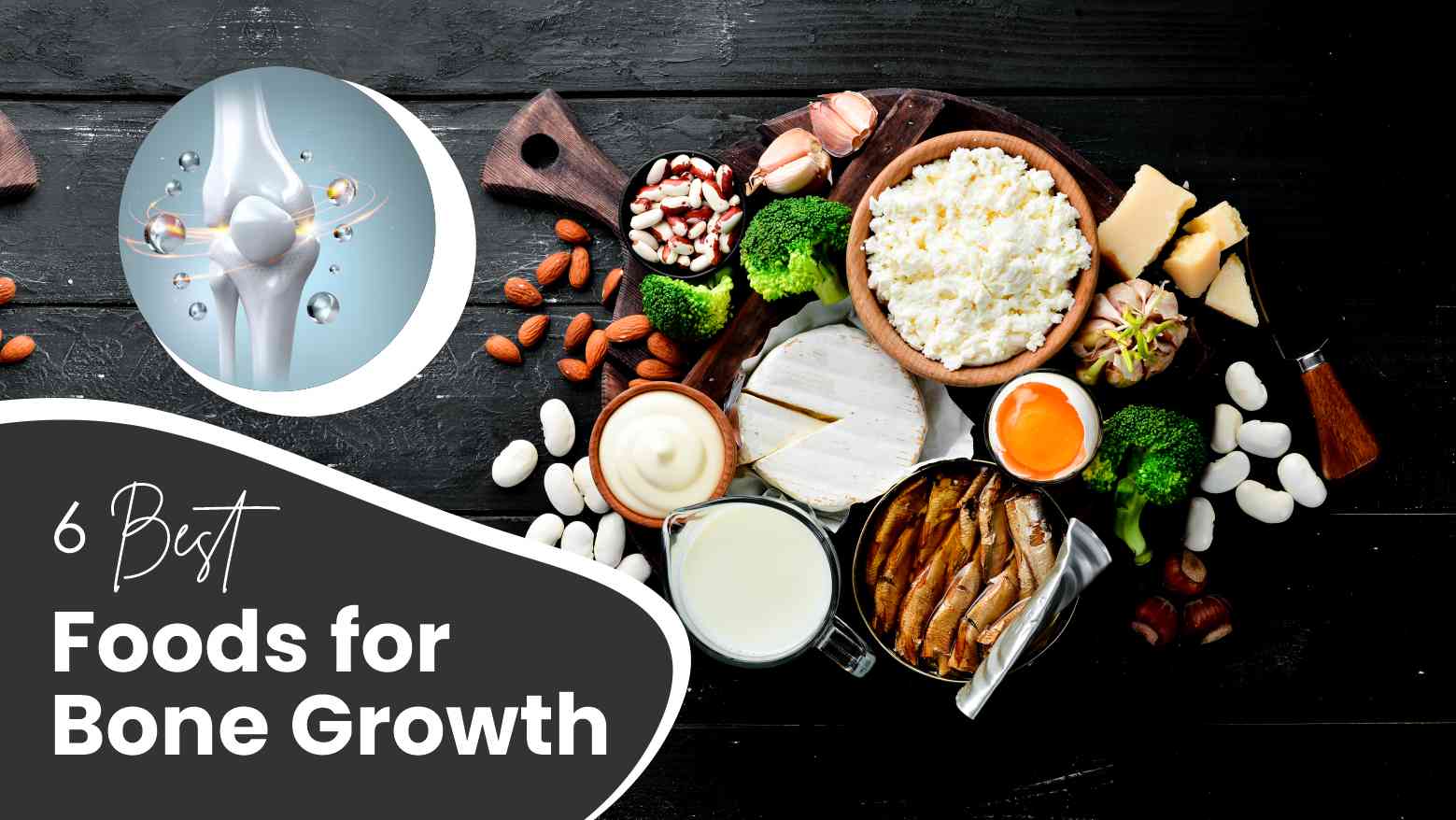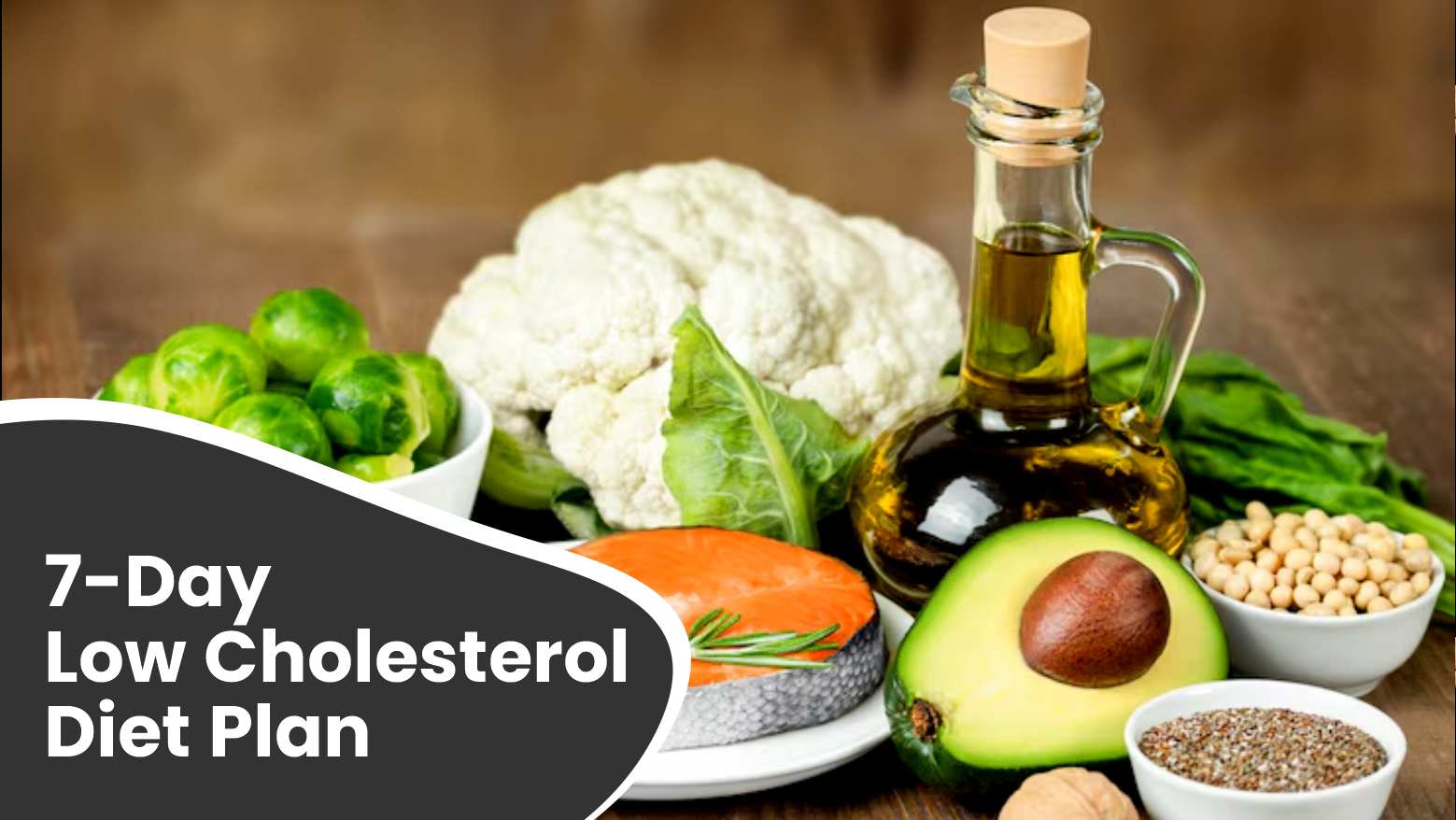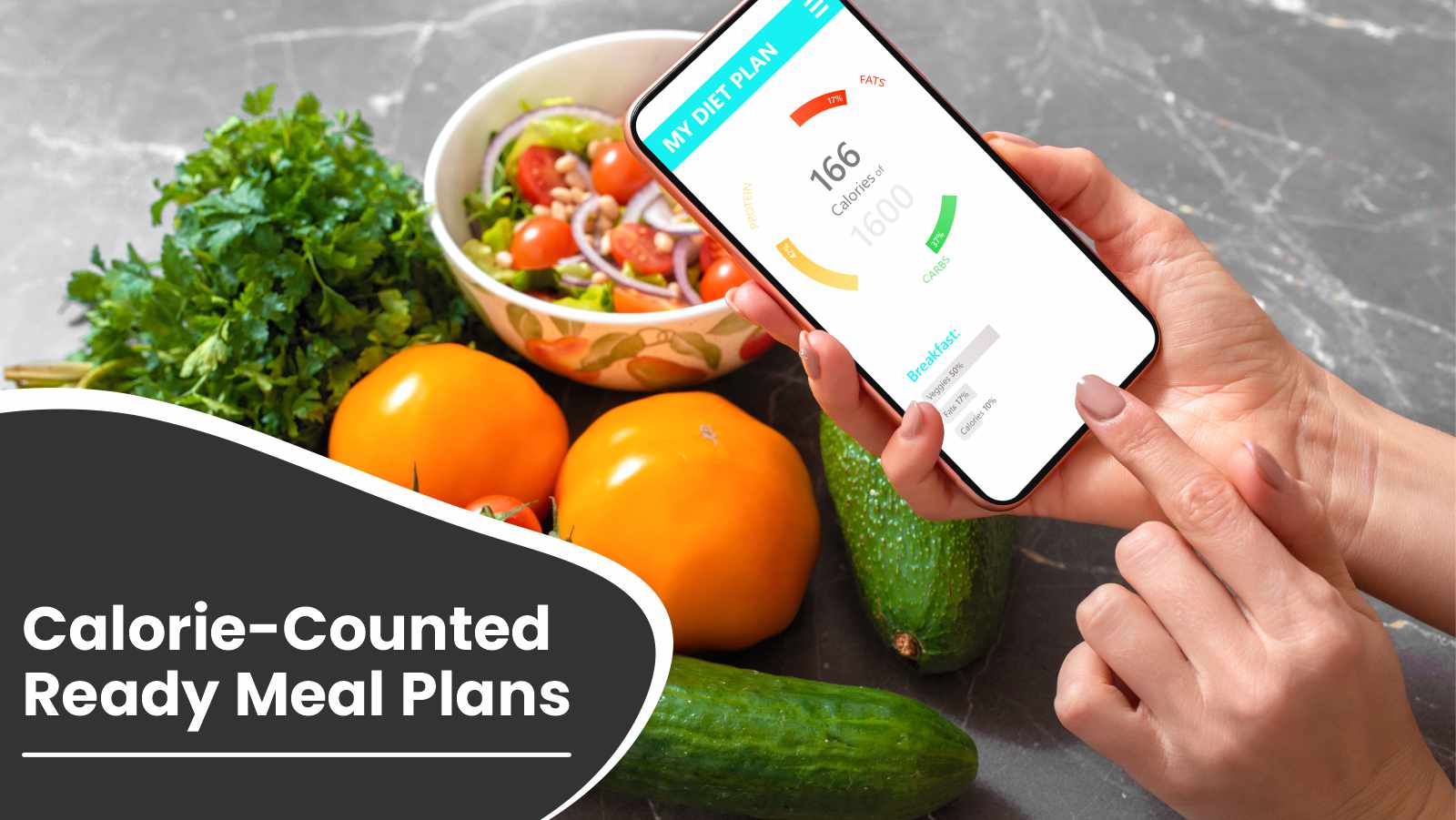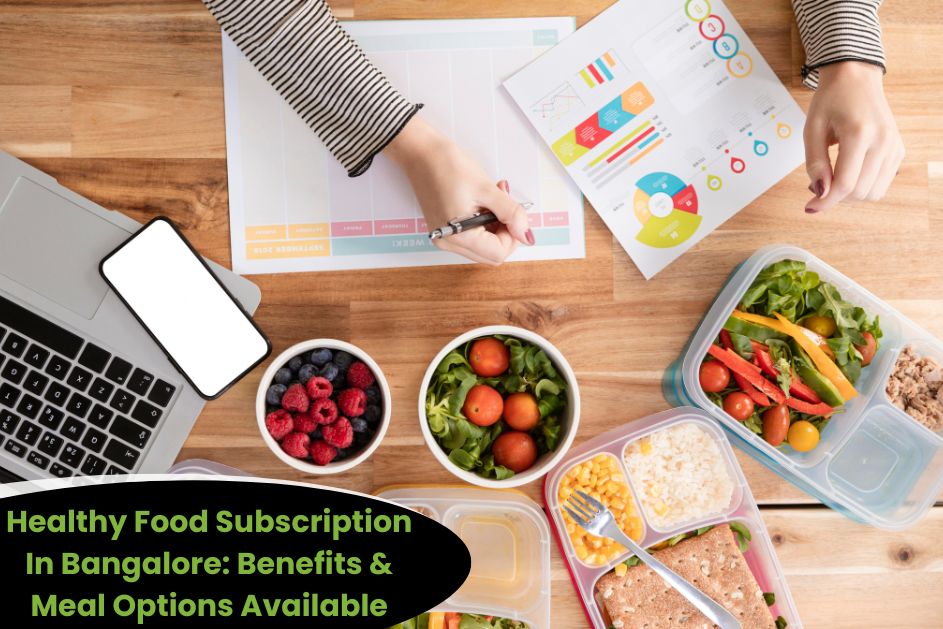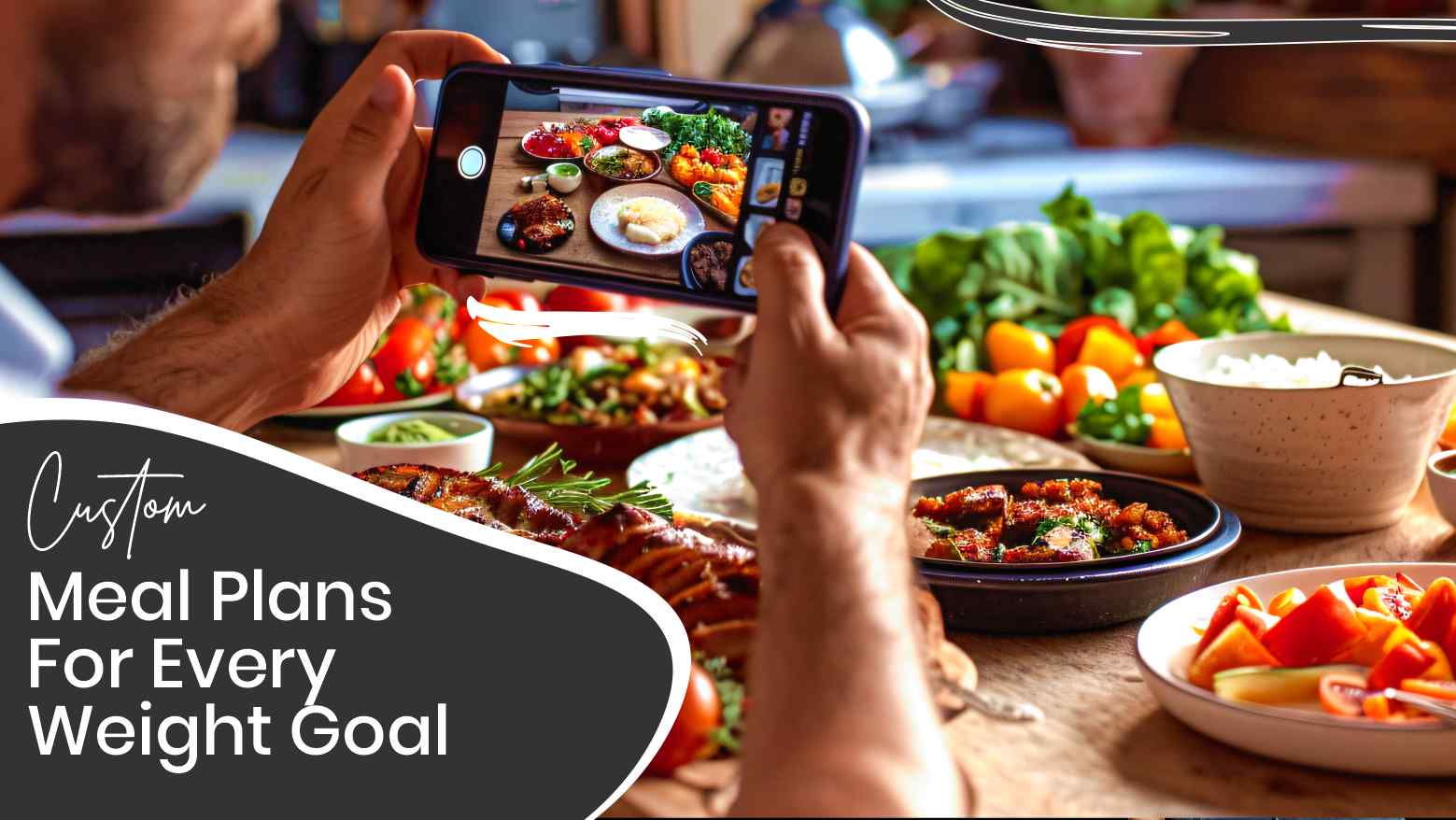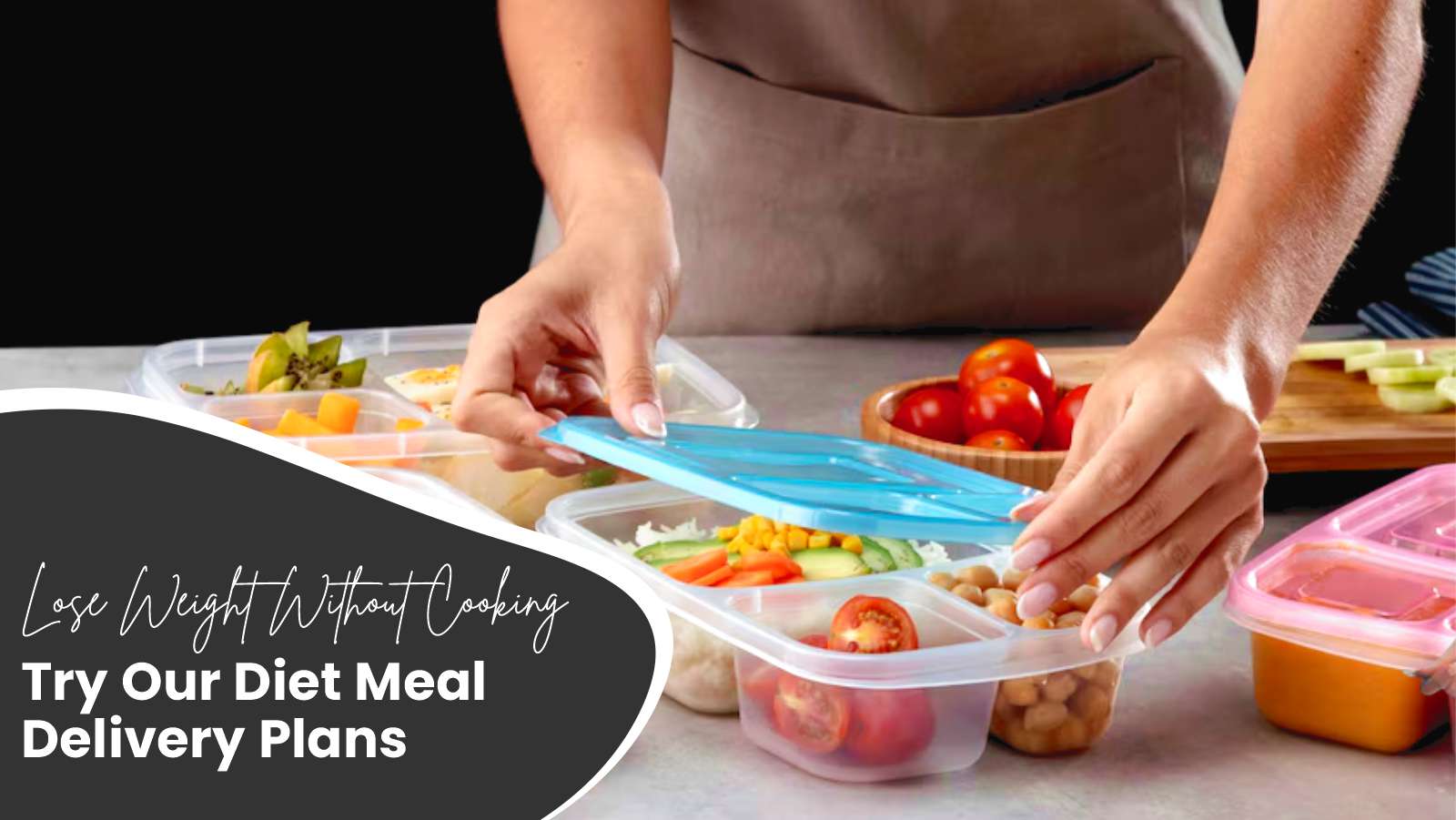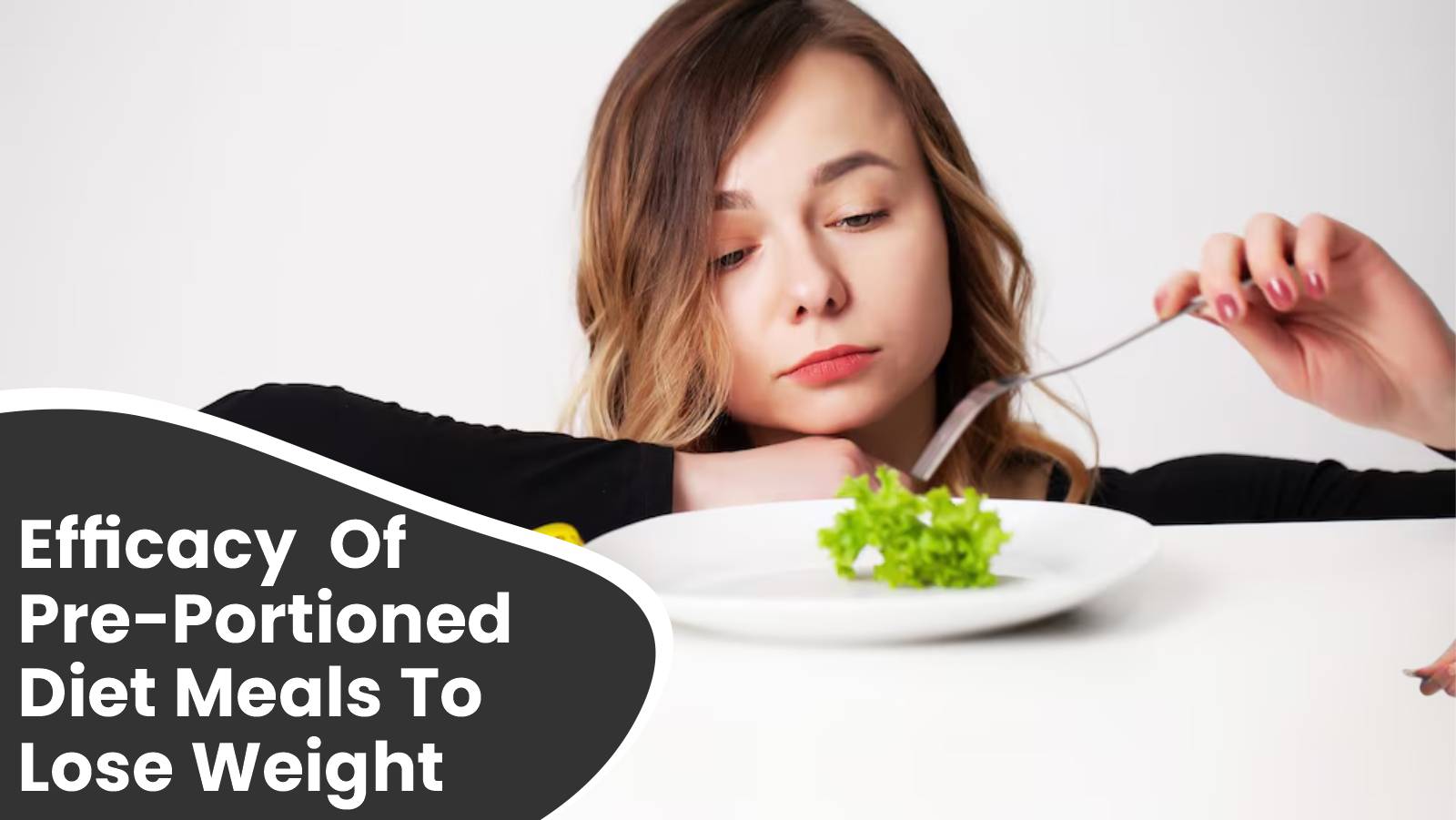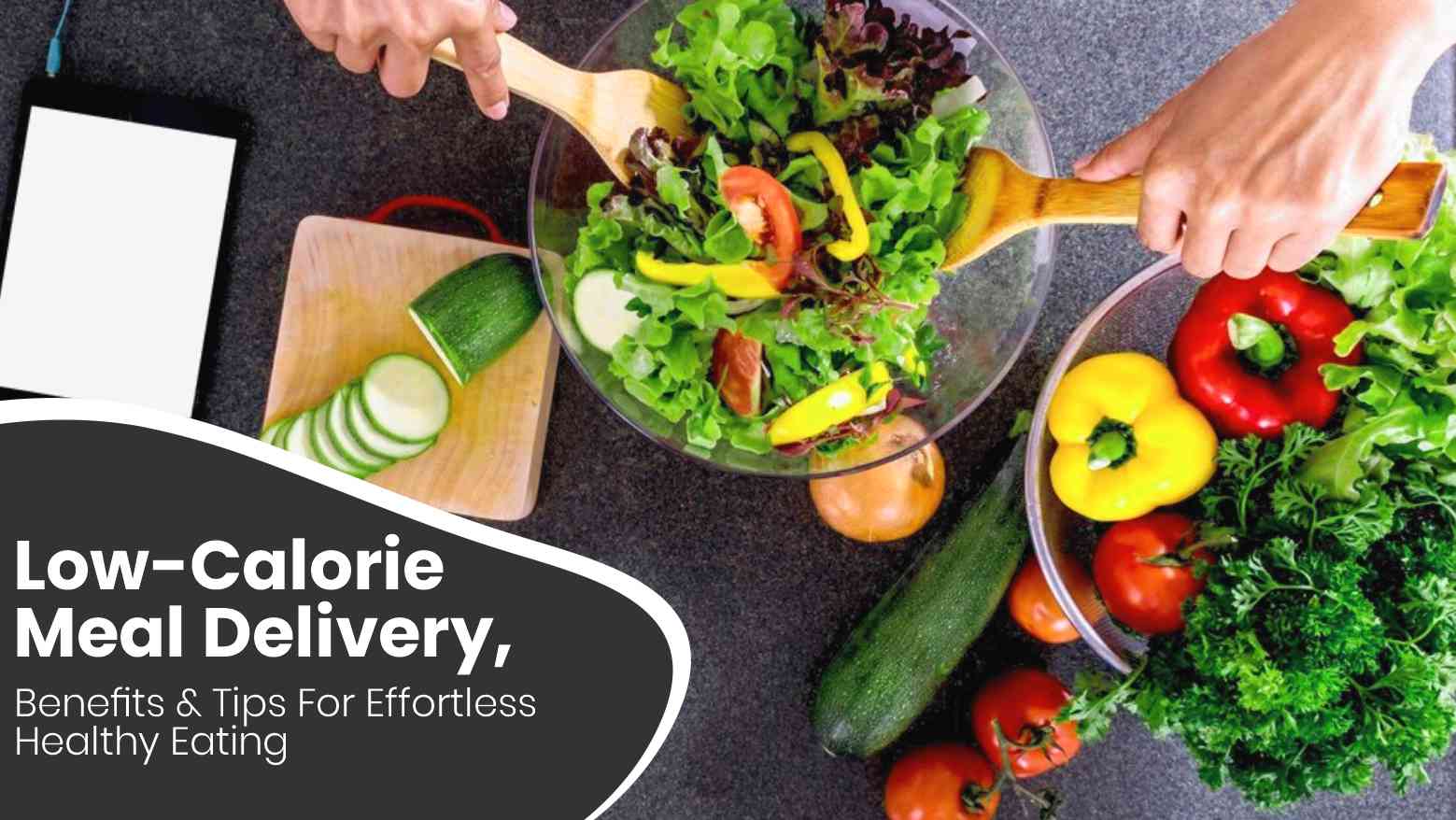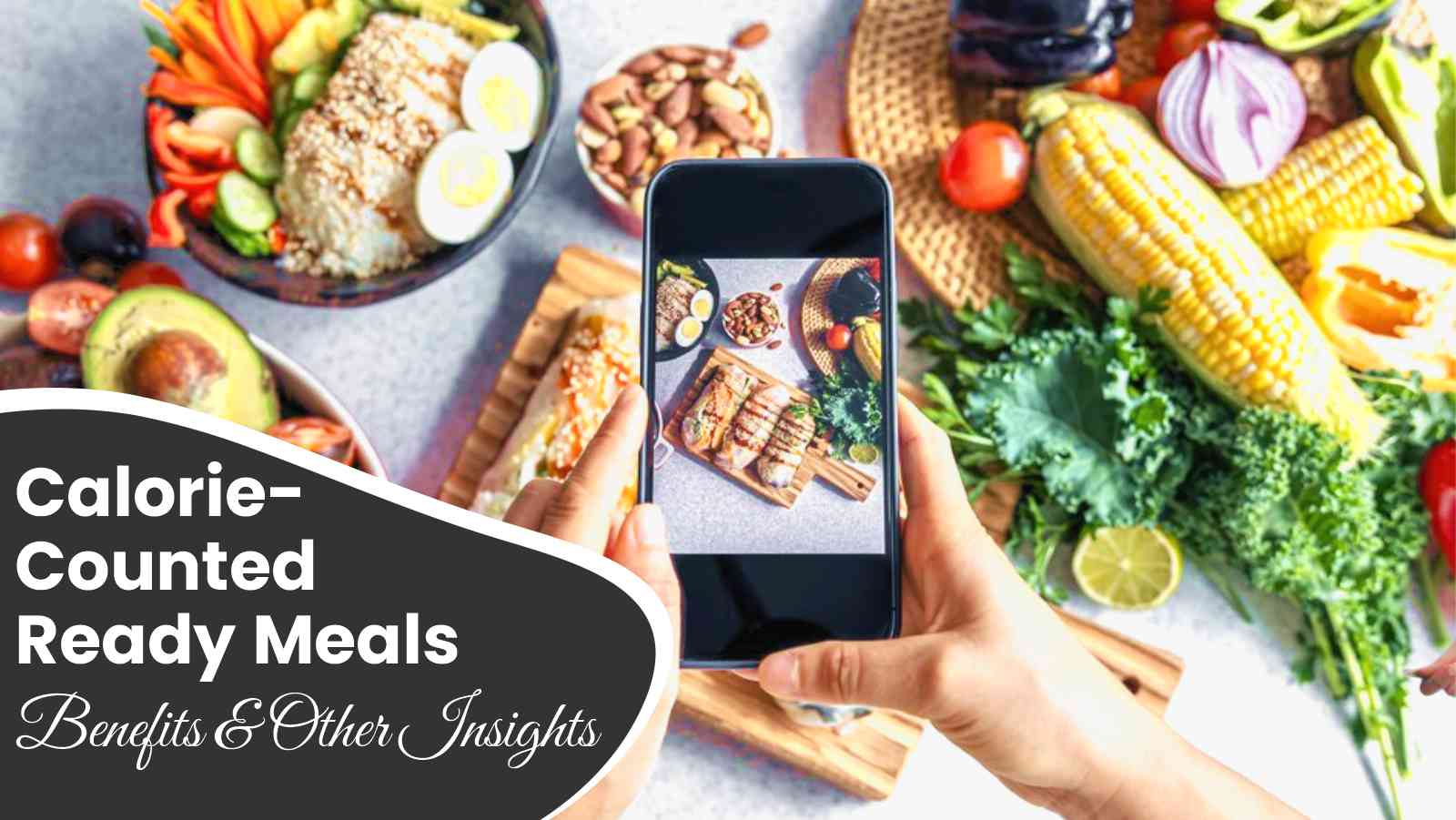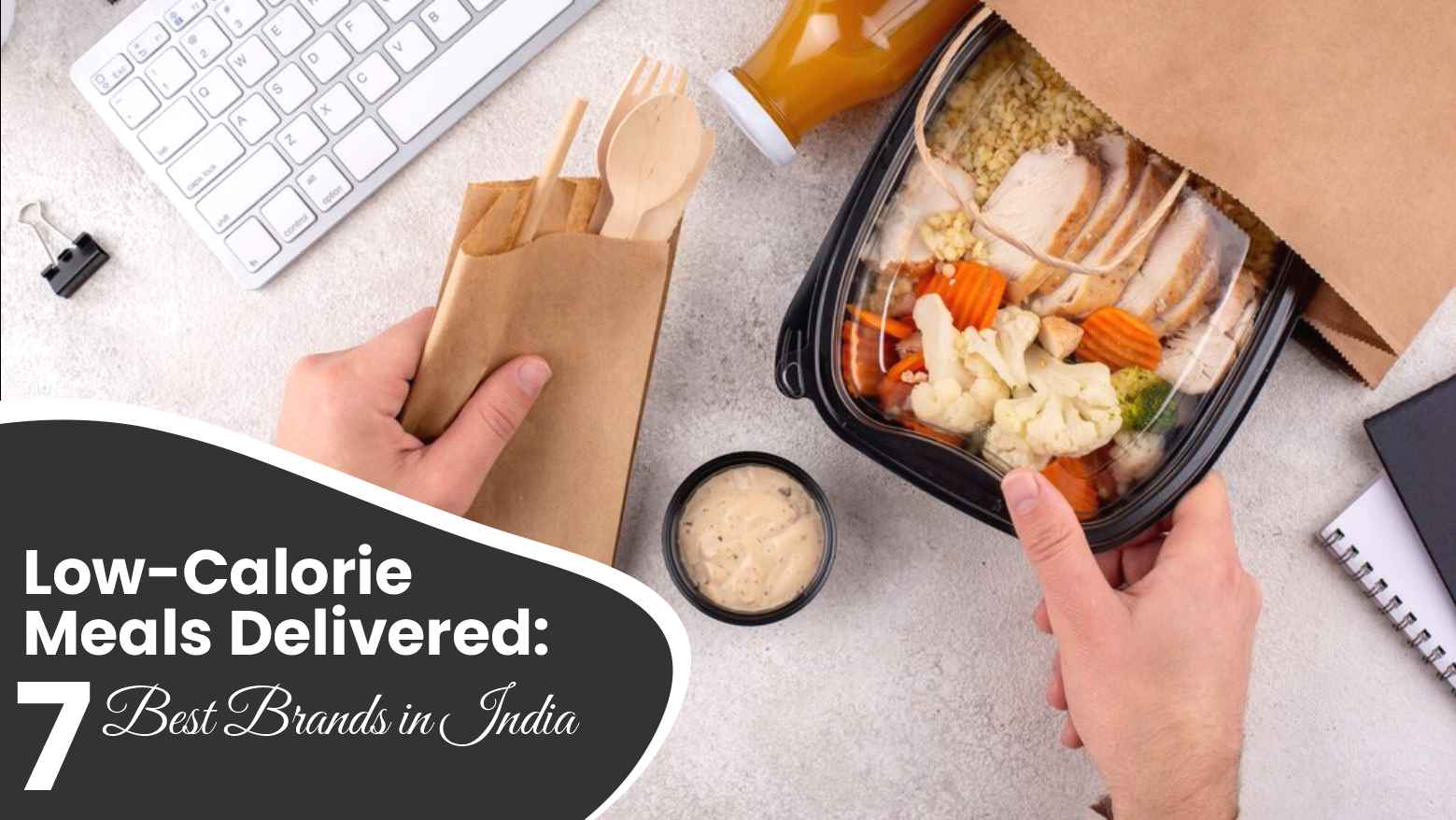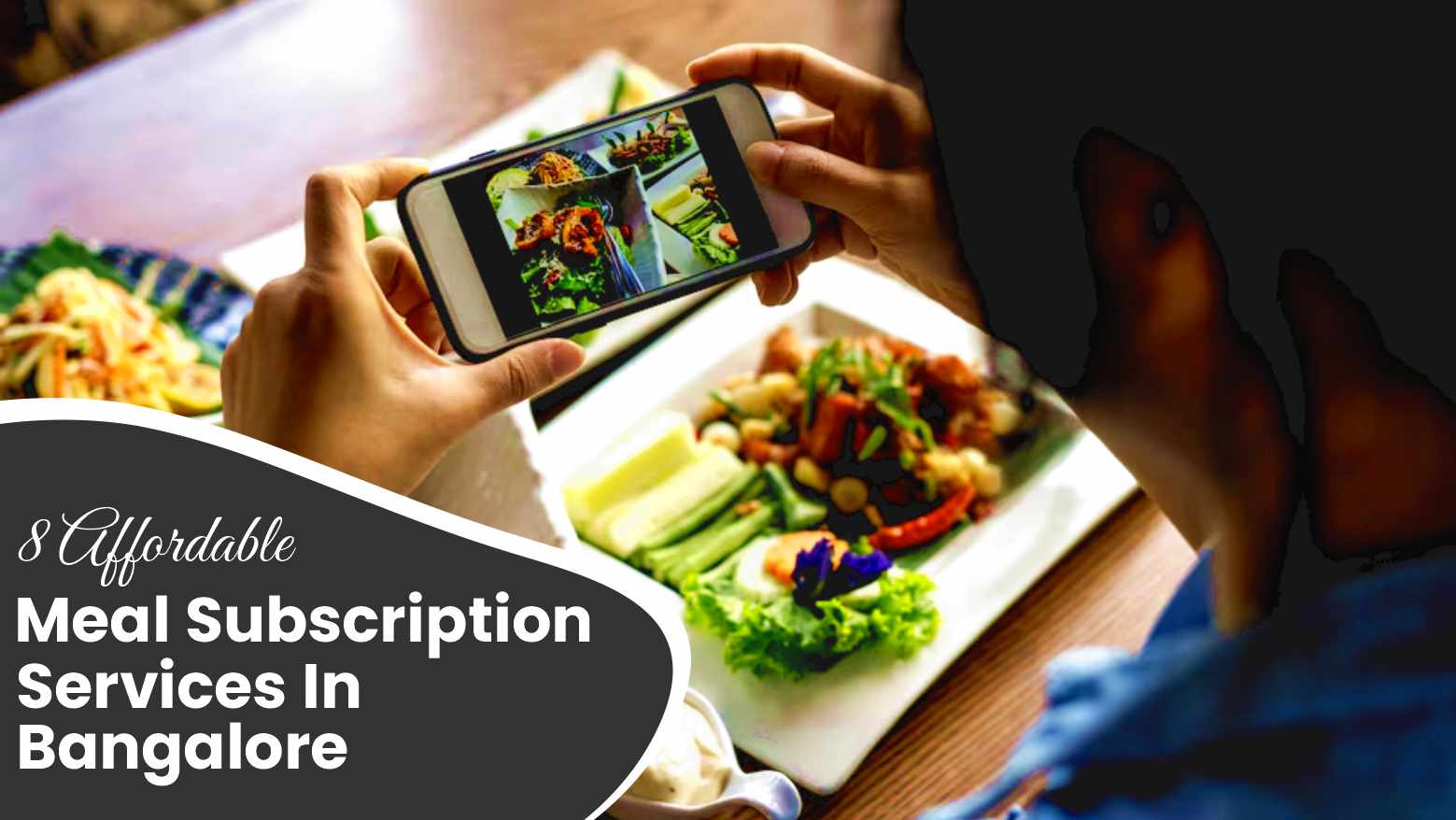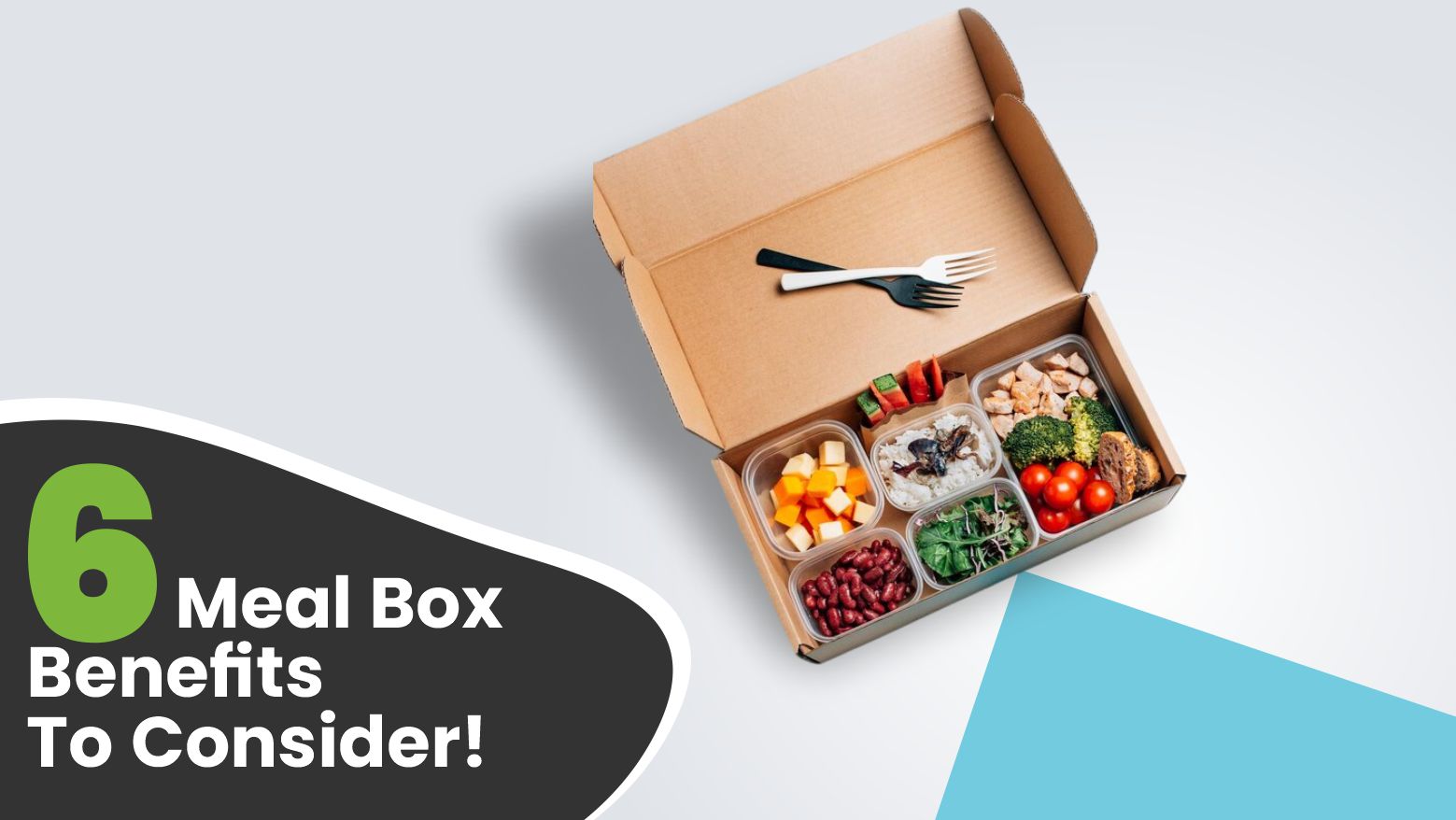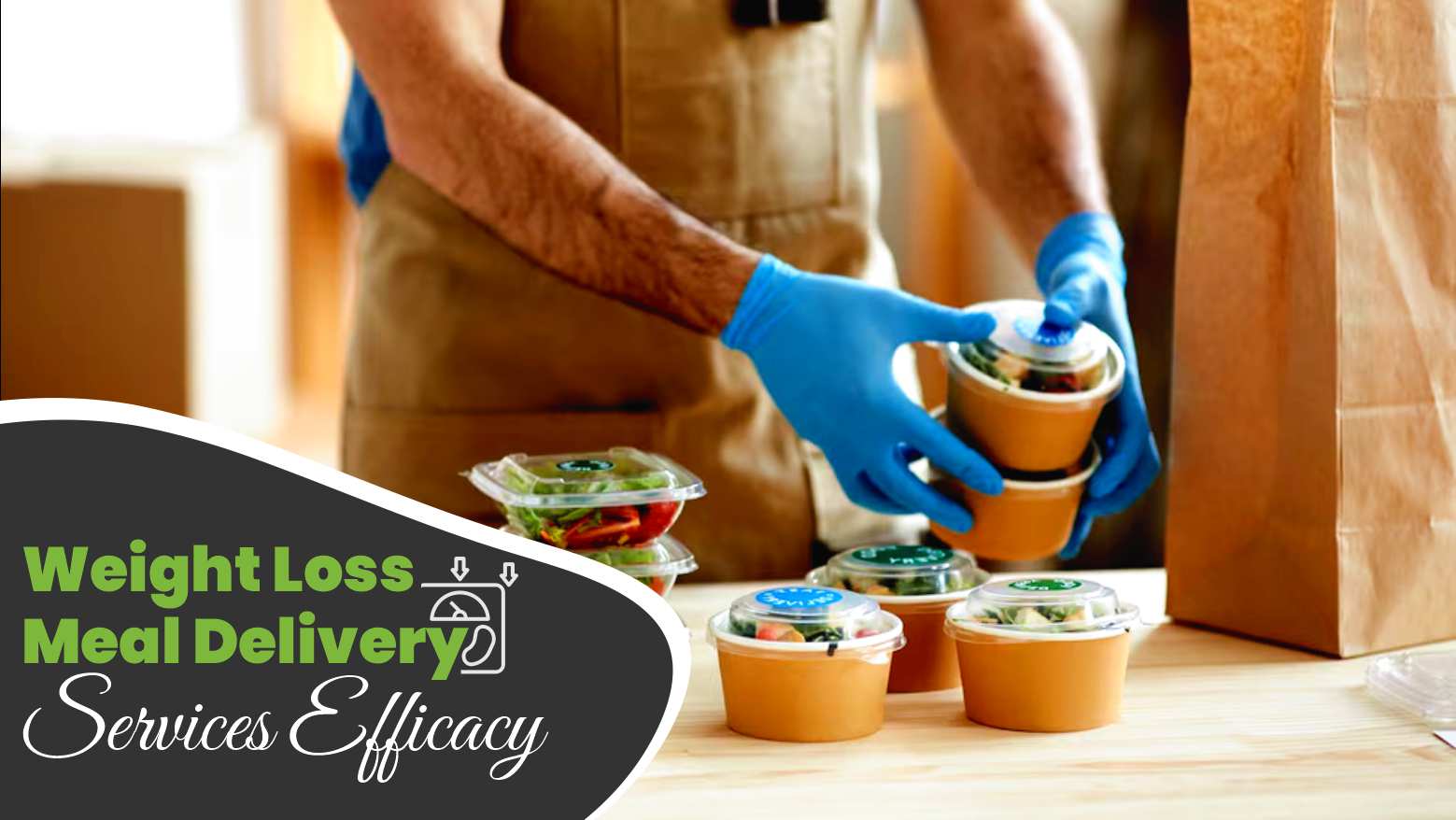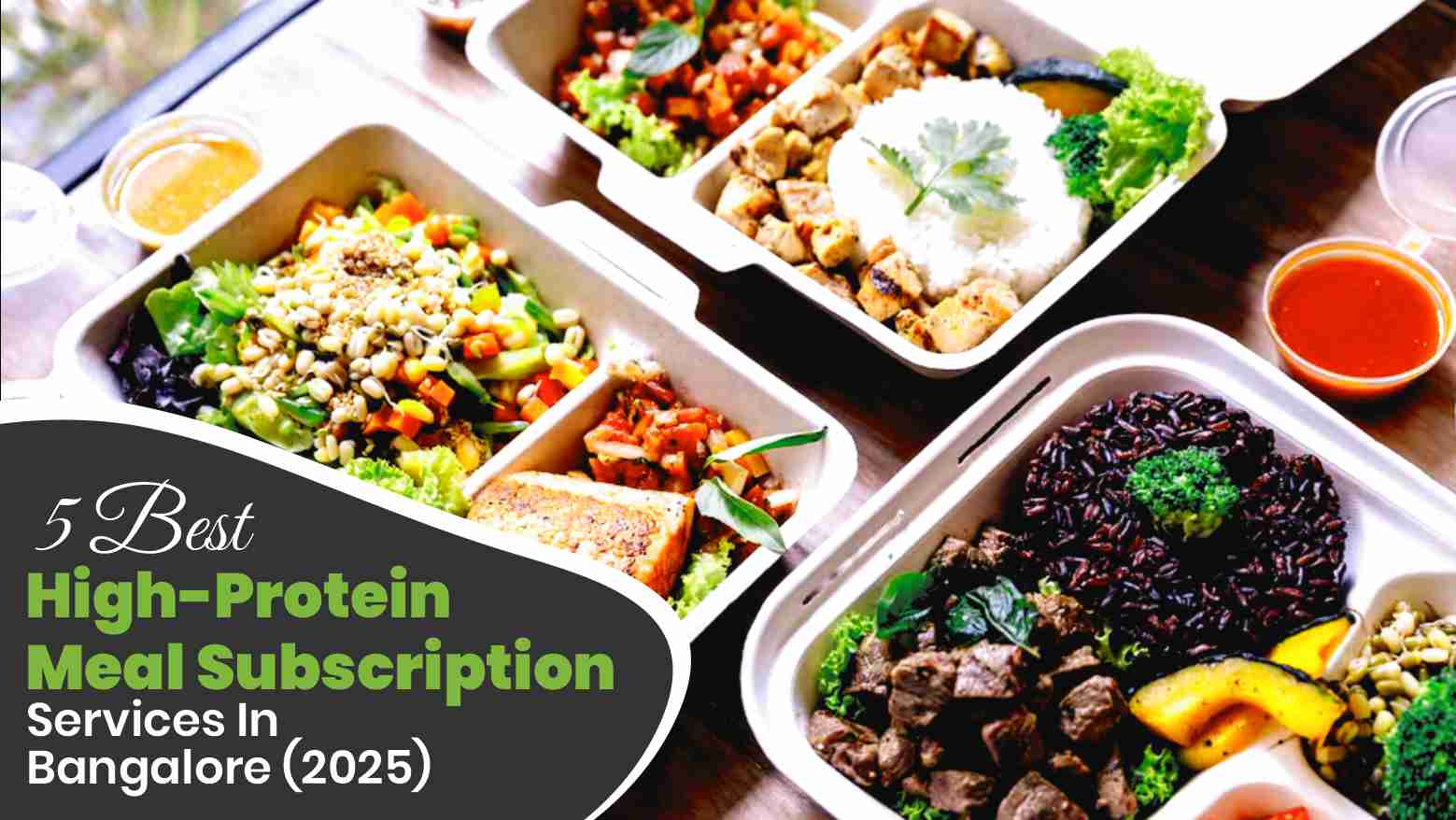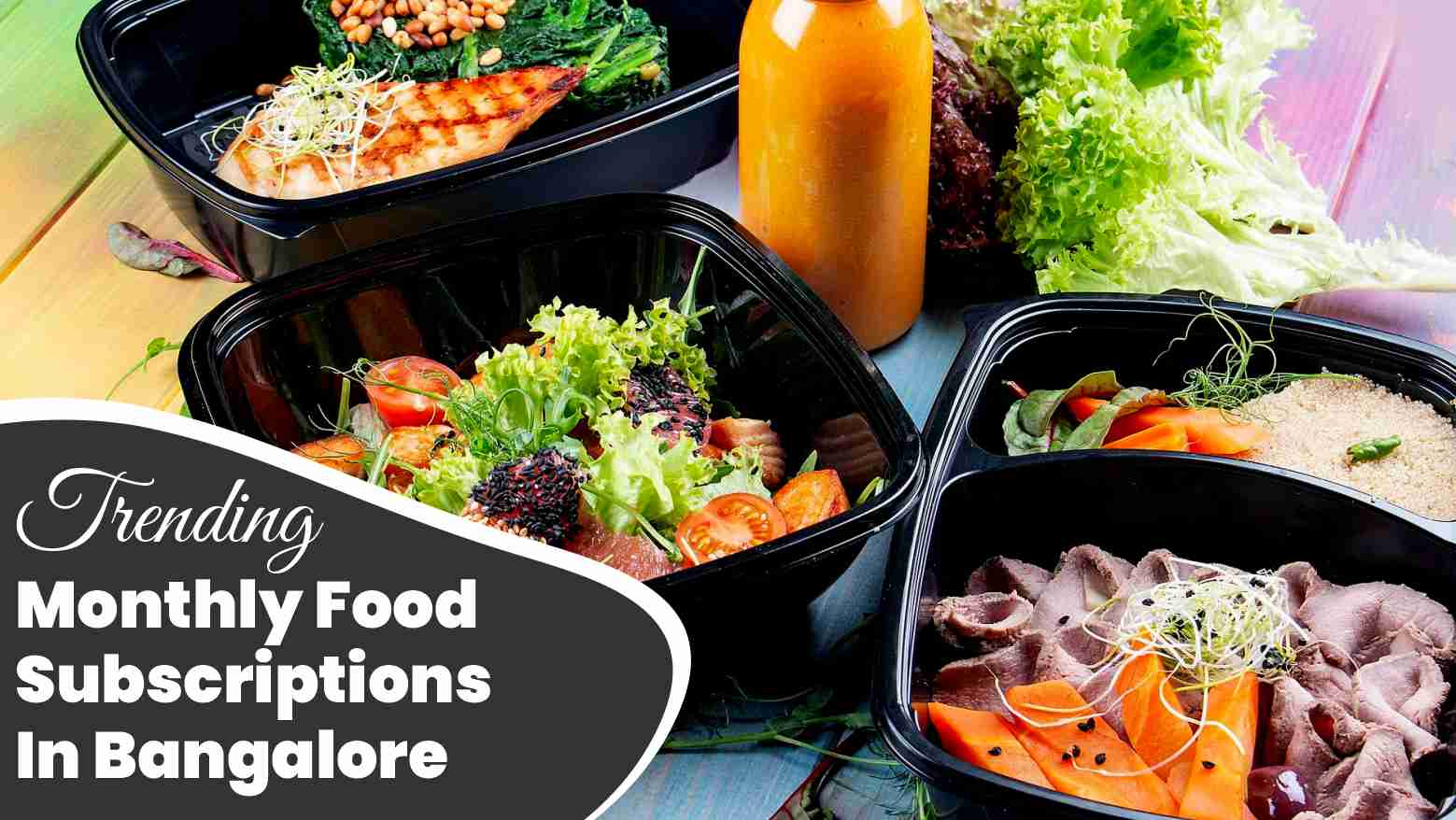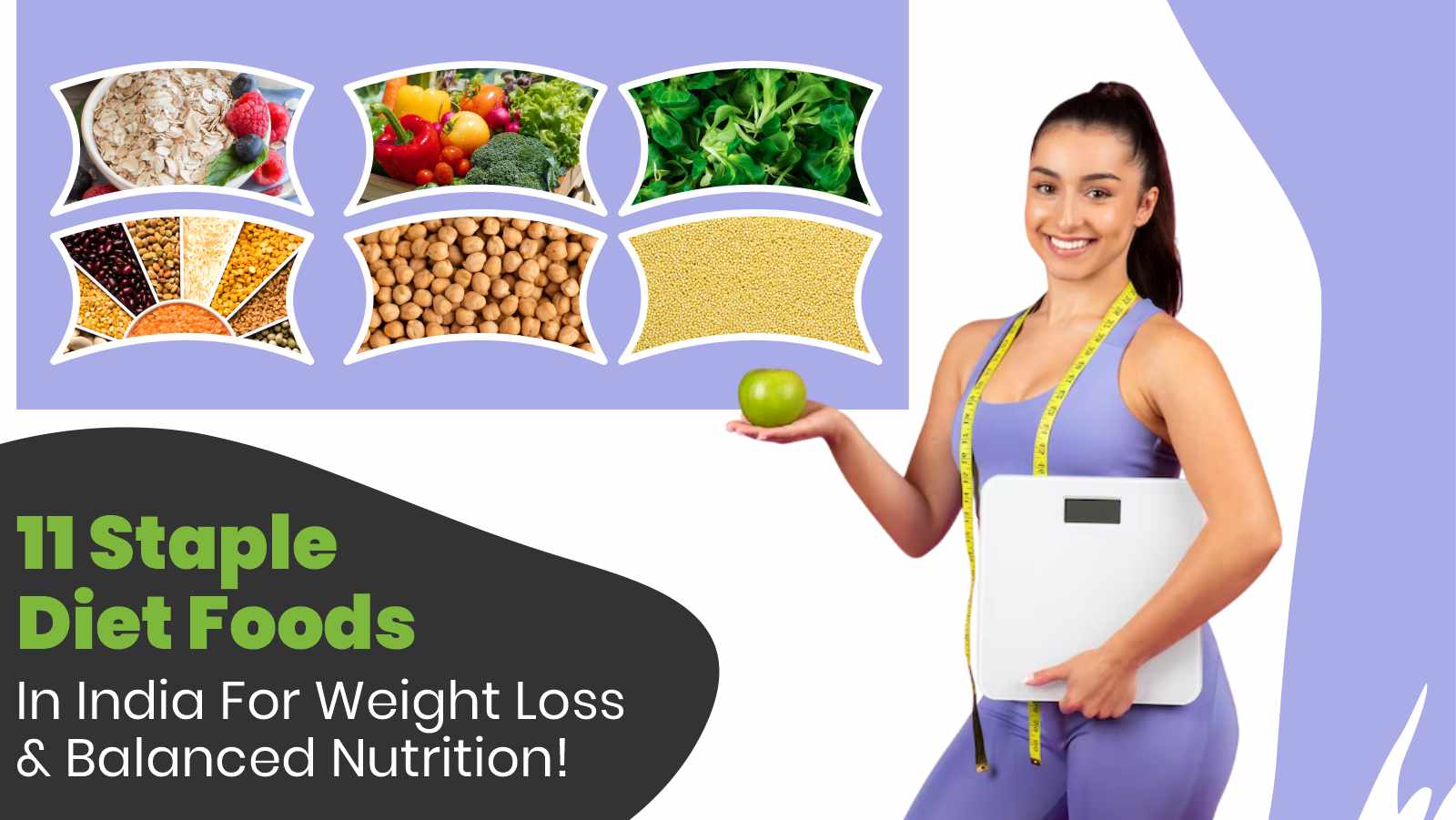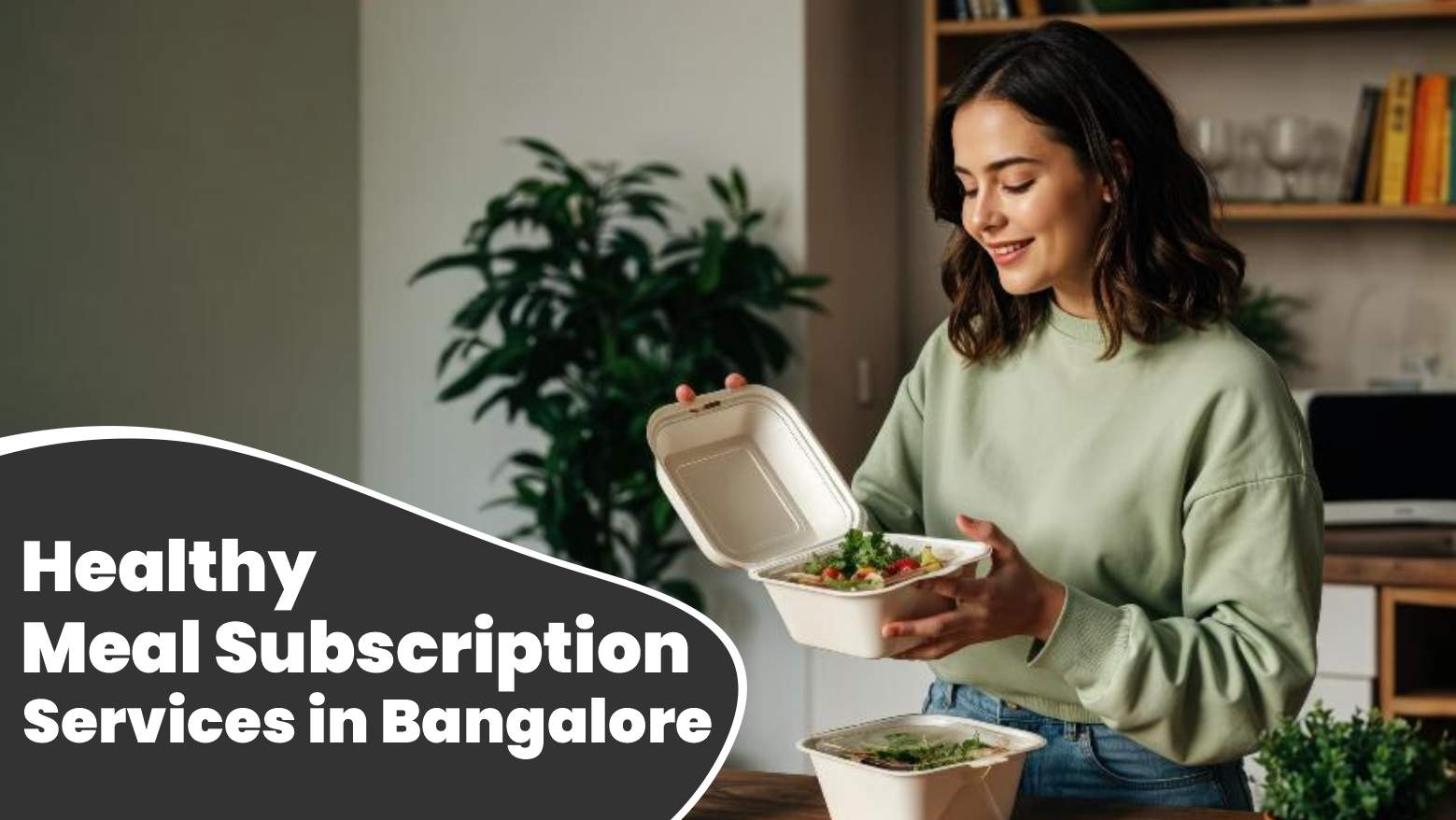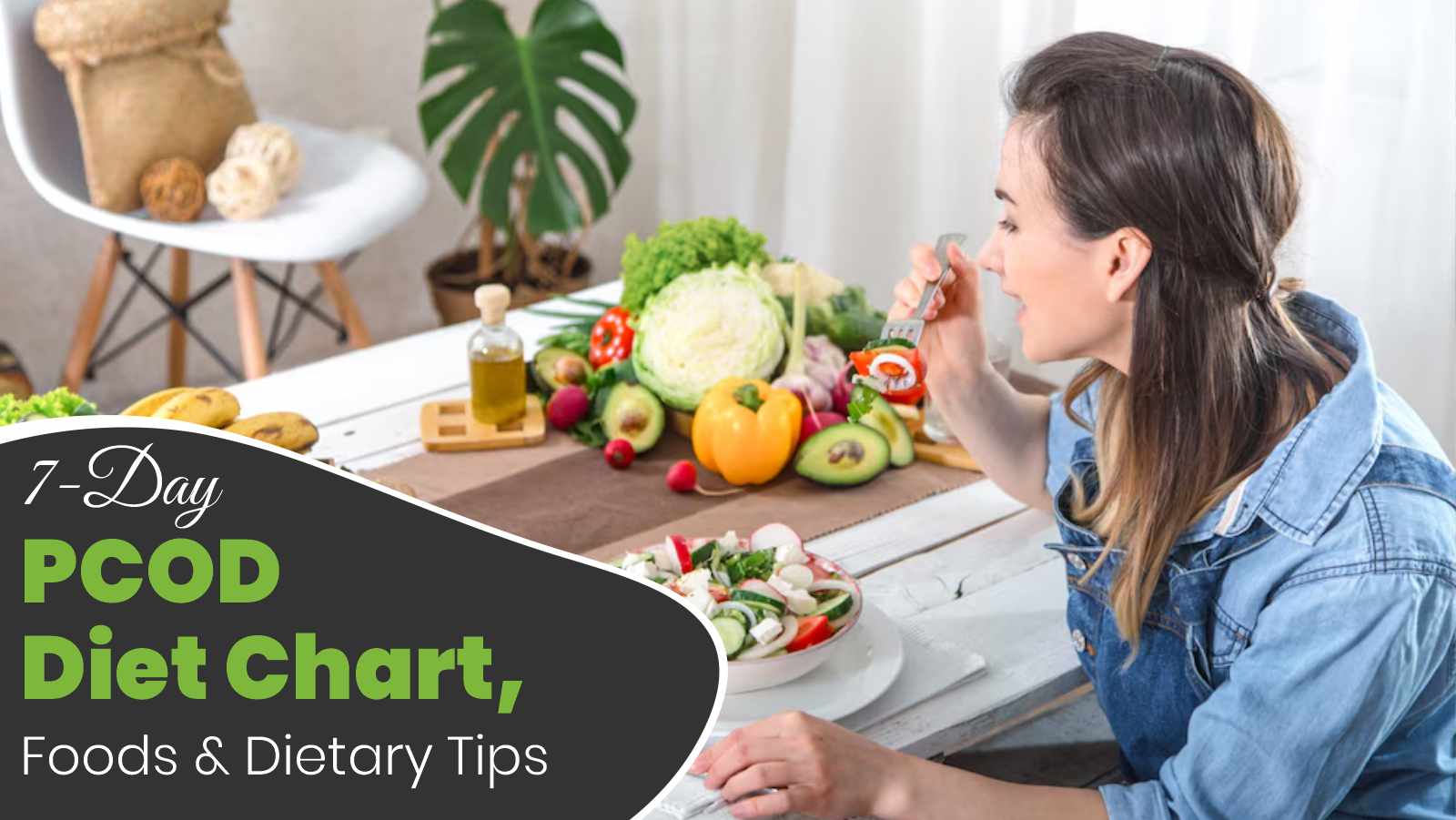Are you a vegetarian struggling to meet your daily protein needs? For vegetarians, nearly 50 grams of protein meals are essential for muscle growth, repair, and wellness.
If you are not consuming enough protein, you may experience fatigue, muscle weakness, difficulty concentrating, and a weakened immune system. While it might seem challenging to get a 50-gram protein intake from plant-based sources, it's entirely possible with the right food choices. Many athletes and bodybuilders successfully build and maintain muscle mass by including 50-gram protein meals for vegetarians with plant-based foods in their personalised nutritional plans.
This blog explores 10 protein-packed vegetarian foods, provides tips for having 50-gram protein meals for vegetarians, and offers delicious breakfast examples to inspire your daily routine. So, let’s get started!
Table Of Contents
1. 10 Vegetarian Options Of 50 Gram Protein Meals
2. What Is An Example Of A 50g Protein Breakfast? 5 Options
3. How To Get 50 Gm Protein Daily For Vegetarians? 6 Tips
4. Dietitian’s Recommendation
5. The Final Say
6. FAQs
7. References
10 Vegetarian Options Of 50 Gram Protein Meals

Consider these 10 preferred 50-gram protein meals for vegetarians, including the quantities and additional nutritional benefits:
1. Cheese
Cheese is a fantastic vegetarian option for those looking to pack in protein. It is a nutrient-dense dairy product, rich in protein, calcium, and essential vitamins like B12. Different types of cheese offer varying protein levels; for instance, low-fat cottage cheese provides about 11.8 grams of protein per half-cup, while Parmesan delivers around 10.2 grams per ounce.
A serving of cheese can easily contribute to reaching your daily protein goals. For example, combining a half-cup of cottage cheese with fruits or using grated Parmesan in salads can help you achieve a meal that’s both delicious and nutritious.
2. Greek Yoghurt
This yoghurt is a protein-rich dairy product, containing significantly more protein than regular yoghurt due to the straining process that removes whey. In addition to protein, Greek yoghurt is an excellent source of probiotics, which support intestinal health and provide vital nutrients like vitamin D and calcium.
A 500-gram serving of Greek yoghurt provides around 50 grams of protein. You can enjoy it with fruits and nuts for breakfast, blend it into smoothies, or use it as a creamy base for dips and sauces.
Also Read: Indulge In These 4 Power-Packed 40-gram Protein Meals
3. Soybean Nuggets
These nuggets are a vegetarian mainstay because they are one of the greatest plant-based protein sources and are created from defatted soy flour. Besides protein, soya nuggets are rich in iron, calcium, and fibre. A 100-gram serving of soybean nuggets offers about 50 grams of protein.
They are perfect for stir-fries, salads, or curries and can also be baked or air-fried for a crunchy snack. However, limiting consumption is advisable to avoid hormonal imbalances due to the phytoestrogens present in soy.
4. Peanuts
These are packed with protein and contain healthy fats, fibre, and essential vitamins such as E and B. Consuming about 200 grams of peanuts provides approximately 50 grams of protein and a substantial amount of magnesium and potassium, which are vital for heart health and muscle function.
Peanuts can be eaten raw, roasted, or added to dishes like salads and stir-fries, and peanut butter is a convenient option for adding protein to snacks or smoothies.
5. Soy Milk
This plant-based milk alternative is naturally high in protein and is often fortified with calcium, vitamin D, and B12, making it one of the best foods for height growth for those avoiding dairy. Each cup of soy milk contains about 6 grams of protein, so to reach 50 grams of protein, you would need to consume roughly 8 cups (1.9 litres) of soy milk.
Add it to your breakfast cereal or smoothies, or enjoy it as a beverage daily. It is a great option for lactose-intolerant individuals or vegans, a protein boost.
Also Read: Here Are 10 Wholesome & Healthy Snacks For Kids To Enjoy Any Time!
6. Green Peas
These peas are a surprisingly good source of plant-based protein, fibre, and essential nutrients like vitamin C, K, and folate. A large serving of about 900 grams of green peas is needed to meet the 50-gram protein goal.
Peas provide protein, antioxidants, and low calories, making them ideal for weight-loss-friendly meals. For extra protein, they can be used in soups, blended into dips, or added to stir-fries and salads.
7. Quinoa
Quinoa is a complete protein containing all nine essential amino acids, making it ideal for vegetarians seeking to meet their protein needs. It is also high in fibre, magnesium, and iron.
You must consume around 6 cups (1100 grams) of cooked quinoa to get 50 grams of protein. Quinoa is incredibly versatile and can be used as a base for salads, a healthy lunch recipes, served as a side dish, or mixed with vegetables and spices for a nutritious main meal.
8. Paneer
For vegetarians who eat dairy, paneer, or Indian cottage cheese, it is an excellent source of protein. Paneer is high in fat-soluble vitamins, such as A and D, which are good for bones and skin in addition to its protein content.
Eating about 450 grams of paneer will provide 50 grams of protein. It can be grilled, added to curries, or eaten with vegetables. Combining paneer with other protein-rich foods, such as lentils or nuts, can further enhance its nutritional value.
9. Lentils And Legumes
Among the greatest plant-based protein sources are kidney beans, black beans, and chickpeas. They offer a range of health benefits, including high fibre content and essential minerals like iron and magnesium. You can get 50 grams of protein by consuming about 3 cups (590 grams) of cooked lentils.
You can add lentils to salads, curries, stews, and soups. They are particularly rich in folate, which benefits heart health and supports healthy red blood cell production.
10. Mixed Nuts
Many mixed nuts such as almonds, walnuts, cashews, and pistachios offer a good balance of protein, healthy fats, and essential nutrients like vitamin E, magnesium, and antioxidants. Consuming 200-225 grams (7-8 ounces) of mixed nuts will provide 50 grams of protein.
Nuts are an easy and portable snack that can be sprinkled on yoghurt, oats, or salads. Their high unsaturated fat and fibre content help control hunger and support heart health.
Also Read: Learn All About A High-Protein Diet For Muscle Building & Get A 7-Day Plan!
What Is An Example Of A 50g Protein Breakfast? 5 Options
Try these vegetarian breakfast options, with adjusted quantities for a well-balanced meal to help you reach your 50-gram protein intake. Also, visit Toneop Eats to learn more recipes.
1. Moong Dal Chila With Paneer Filling
To meet a 50-gram protein goal, prepare moong dal chila using about 100 grams of moong dal (approximately 24 grams) and 200 grams of paneer (offering around 22 grams of protein). This high-protein vegetarian meal can be served with mint chutney for added flavour, making it a satisfying and nutritious breakfast.
2. Dahlia Sprouts Upma
To create a 50-gram protein Dahlia Sprouts Upma, use 70 grams of cracked wheat (around 7 grams of protein), 150 grams of paneer (providing about 16 grams of protein), and 100 grams of mixed sprouts (offering roughly 25 grams of protein). Including vegetables adds vitamins and fibre, making this a balanced, filling breakfast for a protein boost.
3. Tofu Bhurji
For a 50-gram protein Tofu Bhurji, use 300 grams of tofu (providing approximately 30 grams of protein) and 150 grams of paneer (offering around 16 grams of protein). Mixed with onions, garlic, tomatoes, and spinach, this scramble is a nutrient-dense, plant-based dish that fuels your day with essential protein and fibre.
Also Read: What Is Lean Protein? Know 11 Foods, Sources, Benefits And Guidelines!
4. Masoor Dal Kebab
To meet the 50-gram protein requirement, prepare Masoor Dal Kebabs with 250 grams of cooked masoor dal (giving you about 18 grams of protein) and combine with 150 grams of paneer (offering roughly 16 grams of protein). Serve with a side of yoghurt (100 grams for about 10 grams of protein), making this a delicious, high-protein breakfast rich in fibre and calcium.
5. Quinoa And Lentil Salad
For a 50-gram protein Quinoa and Lentil Salad, use 150 grams of cooked quinoa (providing about 12 grams of protein) and 250 grams of cooked lentils (offering approximately 18 grams of protein). You can also add 150 grams of paneer (for an additional 16 grams of protein) or 100 grams of tofu (offering 10 grams of protein). This salad is packed with protein and high in fibre, vitamins, and minerals, making it a hearty and nutritious meal.
Also Read: 20 Healthy Dinner Ideas With The Best Food Choices & Tips To Eat!
How To Get 50 Gm Protein Daily For Vegetarians? 6 Tips
Opt for these strategies to achieve 50 grams of protein meals for vegetarians in their daily protein goals while maintaining nutritious flavours:
1. Swap Wheat Rotis For Besan Rotis
Instead of regular wheat rotis, switching to besan (chickpea flour) rotis is a smart choice for increasing protein intake. Besan contains more than double the protein of wheat flour—22 grams of protein per 100 grams of besan compared to just 10 grams of wheat flour.
It is a healthier choice for controlling blood sugar levels because it also has a significantly lower glycemic index. A roti made from 70-80% besan and 20-30% wheat combines both benefits, with besan providing protein and wheat offering methionine and cysteine, making it a well-rounded meal option.
2. Eat More Dairy And Paneer
Dairy products, particularly low-fat varieties, are a great way for vegetarians to increase their protein intake. Paneer, in particular, contains protein comparable to chicken breast, but its high-fat content means it’s better to opt for low-fat paneer.
Including low-fat milk and paneer in your diet ensures quality animal protein, complete with all essential amino acids. A glass of skimmed milk or low-fat paneer offers a substantial protein boost without adding too many calories, making it one of India's best vegetarian protein sources.
Also Read: Refreshing 12 Best Healthy Lunchbox Ideas For Nutritious Meal Times!
3. Add Supplements Like Whey Protein
Achieving the necessary protein intake for vegetarians can be challenging, so supplements like whey protein can be essential. Whey protein is considered one of the best-quality proteins due to its amino acid profile and ease of absorption.
If you aim for 1.8 grams of protein per kilogram of body weight, adding whey protein bridges the gap between dietary protein and your daily needs without consuming excessive calories.
For a natural and plant-based way to boost your strength and muscle-building goals, try ToneOp Care's Alfalfa Powder, which is the perfect solution. This superfood is packed with essential nutrients and vitamins. Whether you're a vegan or simply looking for a healthier way to fuel your body, Alfalfa Powder can help you achieve your fitness objectives.
4. Include A Variety Of Protein Sources
Diversify your protein sources to meet daily protein needs. Excellent vegetarian protein options include legumes like lentils, chickpeas, and black beans; quinoa, a complete protein; tofu and tempeh; dairy products; and nuts and seeds.
Combining these ingredients across meals ensures you get all essential amino acids and easily reach your protein goal.
You can also try ToneOp Care’s Spirulina Powder. This nutrient-dense superfood can help increase haemoglobin levels, boost your immune system, and significantly boost energy. It’s a vegan, gluten-free option packed with antioxidants and nutrients, making it a popular choice even among astronauts.
5. Plan Your Meals Carefully
Meal planning can significantly help you reach your daily protein target. By ensuring that each meal contains a good source of protein, whether it’s scrambled tofu for breakfast, a quinoa salad for lunch, or lentil curry for dinner, you can spread your protein intake evenly. Adding protein-rich snacks like Greek yoghurt with fruit or hummus with vegetables can also help increase your total protein consumption.
ToneOp Fit's Balanced Diet Weight Loss Plan emphasises nutrient-rich foods for sustainable weight loss. The plan features a personalised diet tailored to your specific needs and location, ensuring you receive balanced nutrition without additional supplements. Access to over 40,000 healthy recipes allows you to enjoy many delicious and nutritious meals supporting your weight loss goals.
6. Use Protein-Rich Ingredients In All Meals
When preparing your meals, use ingredients that naturally increase the protein content. For instance, adding a scoop of protein powder to your morning smoothie or having nutritional yeast into recipes boosts the protein without increasing the volume of your meal.
This simple change ensures you're consuming enough protein at each meal without much effort.
Also Read: 7 Benefits Of Drinking Protein Shake Before Sleep For Muscle Growth And Better Rest!
Dietitian’s Recommendation
Getting enough protein will keep your body healthy and fit. Protein-deficiency can increase the risk of many diseases. To meet your daily protein requirement of 50 grams, I recommend including the following vegetarian foods: lentils, chickpeas, soybeans, tofu, tempeh, quinoa, and whole grains. However, it's always recommended to consult a registered dietitian before making significant dietary changes.
For instance, there are roughly 18 grams of protein in a cup of cooked lentils and 14 grams in a cup of cooked chickpeas. So, include these foods into your meals to easily meet your daily protein goal and enjoy a variety of delicious vegetarian options.
Dt. Lavina Chauhan
The Final Say
Therefore, vegetarians must consume nearly 50 grams of protein to support growth and holistic wellness. Include different protein-rich plant-based foods in your meals and snacks, like legumes, seeds, and whole grains, offering all nine amino acids. Consider using plant-based protein powders or supplements to boost your protein intake further. So, follow these tips and experiment with different protein-rich combinations to enjoy a fulfilling meal that supports your health goals.
FAQs
1. What are the benefits of having 50 grams of protein for vegetarians?
Vegetarians can acquire all the amino acids required for healthy muscular building by consuming 50 grams of protein every day. Additionally, it can help control hunger, increase energy, maintain a robust immune system, help with weight management, and promote satiety.
2. How do vegetarians get enough protein daily?
Eating plant-based meals high in protein can help vegetarians easily achieve their daily protein requirements. These consist of whole grains (quinoa, brown rice, and oats), legumes (such as lentils, chickpeas, and beans), nuts (such as cashews, walnuts, and almonds), and seeds (such as chia, hemp, and pumpkin seeds).
3. How can I add more protein to my vegetarian snacks?
Vegetarians can increase their snack protein intake by choosing options like Greek yoghurt, cottage cheese, nuts, seeds, and protein-rich plant-based chips or crackers. Also, adding tofu, tempeh, or seitan to snacks like sandwiches or salads can boost protein content. Consider a handful of mixed seeds or a protein smoothie made with plant-based protein powder, fruits, and vegetables for healthy snacking.
References
- https://www.metropolisindia.com/blog/preventive-healthcare/protein-rich-food-for-vegetarians-sources-diet-plan-food-chart?wpsrc=google+organic+search
- https://recipes.net/articles/how-to-eat-50-grams-of-protein-a-day-as-a-vegetarian/
- https://veg.fit/high-protein-indian-vegetarian-breakfast-recipe/
About ToneOp Eats
ToneOp Eats is your go-to health kitchen, delivering nourishing meals in Bhopal, Indore & Bangalore. The meals are prepared with strategically planned nutrition and portions for your health goal. With just three simple steps, you can subscribe to a meal plan for weight loss, muscle gain, or balanced diet goals. Experience the perfect blend of taste and wellness in our nutrient-dense and calorie-counted range of meals, including protein-rich grills and meal bowls, full of fibre salads & smoothies, workout-friendly protein 30,40,50 meals and refreshing juices.







